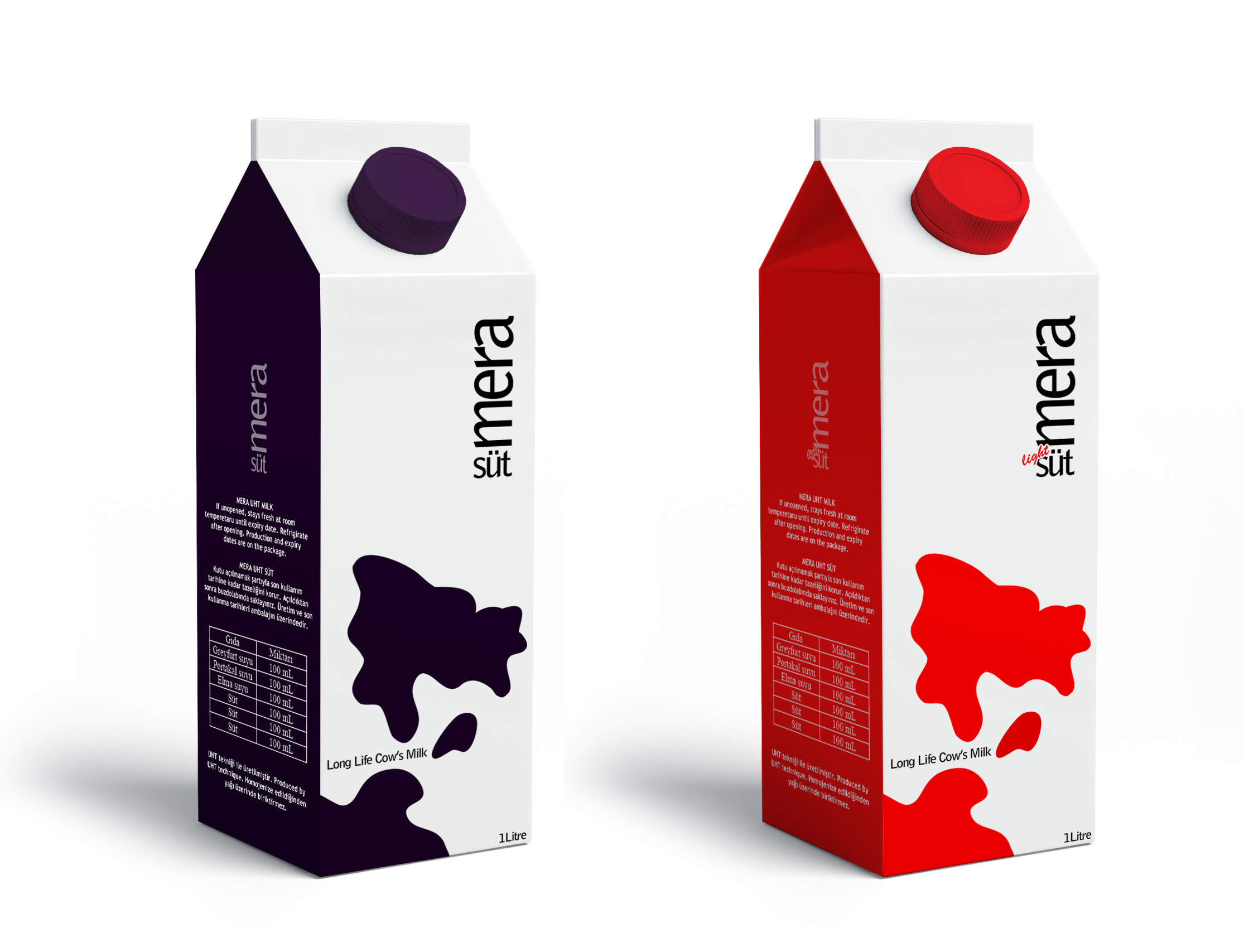Milk carton manufacturers play a crucial role in the dairy industry, providing the essential packaging solutions needed to safely deliver milk from producers to consumers. This article explores the various aspects of milk carton manufacturers, including the history, materials, processes, and leading companies in the field.
A Brief History of Milk Carton Manufacturing
Early Beginnings
The concept of packaging milk in cartons dates back to the early 20th century. Prior to this, milk was commonly delivered in glass bottles. However, the need for a more efficient and cost-effective packaging solution led to the development of paper-based cartons. In 1915, John Van Wormer received the first patent for a paper milk carton, which could be folded and glued at the seams.
Evolution and Innovation
Over the decades, milk carton manufacturers have seen significant advancements. The introduction of polyethylene-coated paperboard in the 1950s revolutionized the industry, making cartons more durable and leak-proof. This innovation also allowed for better printing and branding opportunities for dairy companies.
Materials Used in Milk Carton Manufacturing
Paperboard
The primary material used in milk carton manufacturing is paperboard. It provides the necessary rigidity and strength to hold the liquid content. Paperboard is typically sourced from sustainable forests, ensuring an eco-friendly supply chain.
Polyethylene
Polyethylene is a type of plastic that is used to coat the paperboard, providing a moisture barrier and preventing the milk from soaking into the carton. This coating also enhances the carton’s durability and shelf life.
Aluminum Foil
Some milk cartons, especially those used for long-life milk, incorporate a layer of aluminum foil. This additional layer acts as a barrier to light, oxygen, and microorganisms, helping to preserve the milk for extended periods without refrigeration.
The Manufacturing Process
Pulping and Paperboard Production
The process begins with the pulping of wood fibers, which are then formed into paperboard sheets. These sheets are rolled and cut to the desired size for further processing.
Coating and Printing
The paperboard is coated with polyethylene to create a barrier against moisture. The coated paperboard is then printed with branding, nutritional information, and other required details. Modern printing techniques allow for high-quality graphics and text, enhancing the visual appeal of the cartons.
Forming and Filling
The printed paperboard is cut into flat blanks and then formed into the shape of a carton. The seams are sealed using heat and pressure. The formed cartons are then filled with milk using aseptic or cold-fill processes, depending on the type of milk and desired shelf life.
Sealing and Packaging
Once filled, the cartons are sealed and inspected for quality control. They are then packed into larger containers for distribution to retailers and consumers.
If you want to know more about ” coffe cups ” visit topusapackaging
Leading Milk Carton Manufacturers
Tetra Pak
Tetra Pak is one of the most well-known names in the milk carton manufacturing industry. Founded in 1951, the company has been at the forefront of innovation, introducing various packaging solutions that have revolutionized the dairy industry. Tetra Pak’s aseptic packaging technology allows for the long-term storage of milk without refrigeration.
Elopak
Elopak, founded in 1957, is another major player in the milk carton manufacturing sector. The company is known for its Pure-Pak® cartons, which are designed to be environmentally friendly and easy to use. Elopak continuously invests in research and development to improve the sustainability and functionality of its products.
SIG Combibloc
SIG Combibloc, established in 1853, is a global leader in aseptic carton packaging. The company offers a wide range of packaging solutions for dairy products, focusing on innovation, efficiency, and sustainability. SIG’s cartons are designed to reduce environmental impact while ensuring the highest standards of food safety.
Sustainability in Milk Carton Manufacturing
Renewable Materials
Milk carton manufacturers are increasingly focusing on sustainability by using renewable materials. Paperboard sourced from sustainably managed forests and bio-based plastics are becoming more common, reducing the reliance on fossil fuels and lowering the carbon footprint.
Recycling and Waste Reduction
Recycling initiatives are integral to the sustainability efforts of milk carton manufacturers. Many companies are developing cartons that are easier to recycle, reducing the amount of waste that ends up in landfills. Additionally, advancements in recycling technology are making it possible to reclaim and reuse more materials from used cartons.
Energy Efficiency
Manufacturers are also striving to improve energy efficiency in their production processes. From using renewable energy sources to implementing energy-saving technologies, the industry is making significant strides in reducing its overall environmental impact.
Challenges and Future Trends
Environmental Concerns
Despite the progress made in sustainability, the milk carton manufacturing industry still faces challenges related to environmental impact. The use of plastic coatings and the energy-intensive nature of production processes are areas that require continuous improvement.
Consumer Preferences
Consumer preferences are also evolving, with a growing demand for eco-friendly and convenient packaging solutions. Manufacturers must stay ahead of these trends by developing innovative products that meet consumer expectations while maintaining high standards of safety and quality.
Technological Advancements
Technological advancements are expected to play a significant role in the future of milk carton manufacturing. From improved materials and production techniques to smart packaging solutions that enhance product safety and traceability, the industry is poised for continuous innovation.
Conclusion
Milk carton manufacturers are essential to the dairy industry, providing the packaging solutions needed to deliver fresh and safe milk to consumers. With a focus on sustainability, innovation, and meeting consumer demands, the industry continues to evolve and adapt to new challenges and opportunities. As technology advances and environmental concerns become more pressing, milk carton manufacturers will play a critical role in shaping the future of dairy packaging.

